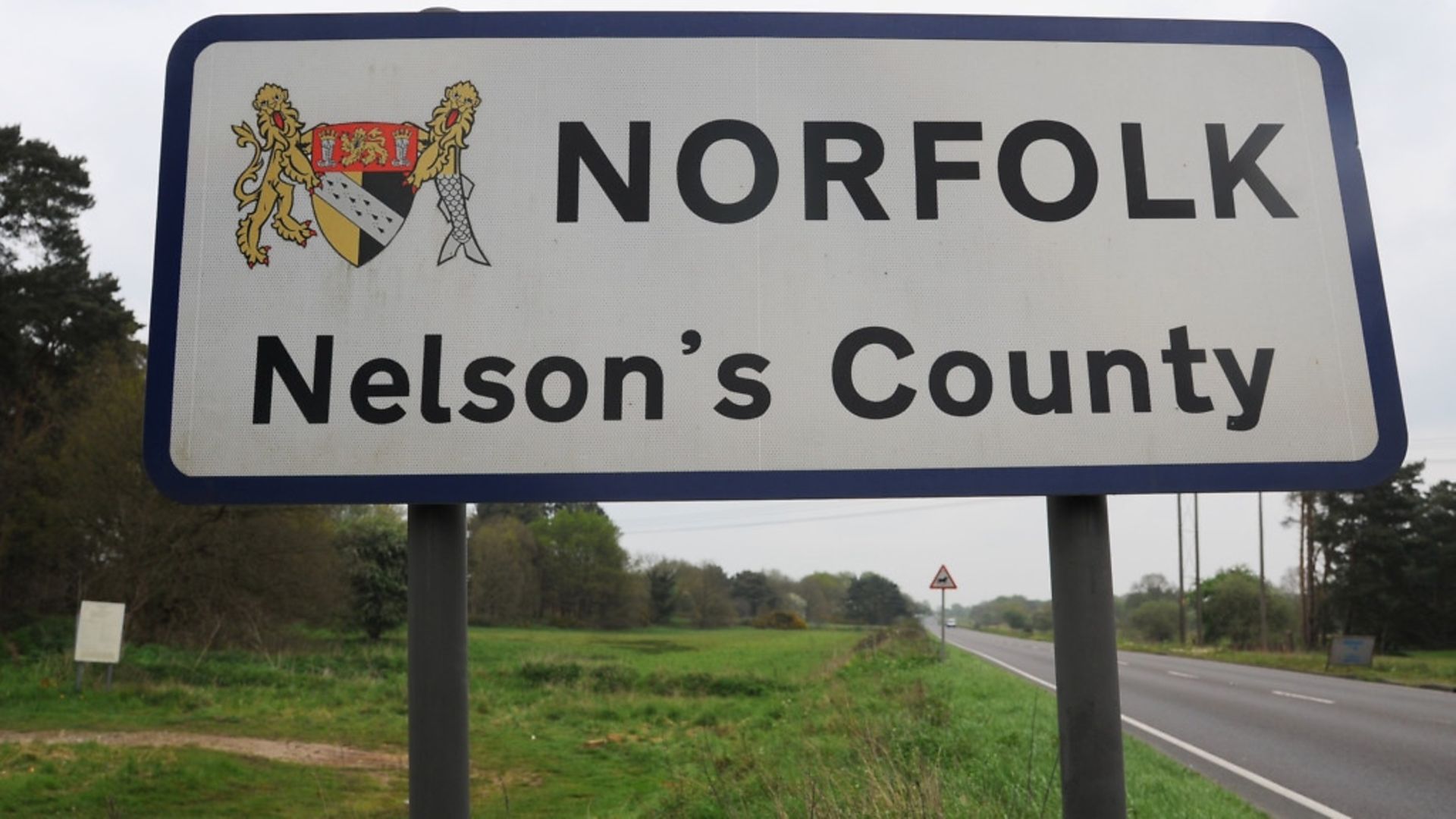
PETER TRUDGILL on some obvious, and less obvious, origins of place names.
On the east coast of the North Island of New Zealand, there is a place called Buffalo Beach. This is something of a surprise, because New Zealand has no indigenous terrestrial mammals, and absolutely zero buffalo. In fact, in order to understand the origins of this somewhat curious place name, we need to know a little about historical events which, remarkably, took place more than 9,000 miles away from New Zealand, in
Canada.
Many Europeans may be unaware that, between 1837 and 1839, serious anti-government rebellions flared up in (mostly English-speaking) Upper Canada, now Ontario, and (mostly French-speaking) Lower Canada, now Quebec. The uprisings were forcefully put down; some participants were executed for treason; and many more were transported to Australia. Among these were 58 French Canadians, plus 82 Americans who had been captured during the so-called ‘Patriot War’ which followed the rebellions. This ‘war’ consisted of little more than a few skirmishes fought by unofficial American raiders crossing the border and attacking British forces.
These convicted men were transported from Canada via Liverpool to Australia on a ship called the HMS Buffalo. (Most of them were eventually released and allowed to return home.) After the Buffalo had discharged its unfortunate cargo in Australia, it was sent off to New Zealand to pick up a shipment of timber. Once there, however, it was driven onto shore and wrecked by a violent storm. The remains of the Buffalo still lie at the bottom of the bay off the New Zealand beach which now bears its name.
Unlike Buffalo Beach, some place-names have origins which are more or less instantly transparent. Southend in Essex was indeed situated at the southern end of the original settlement of Prittlewell. Yarmouth in Norfolk actually is located at the mouth of the River Yare. And there genuinely was a new castle on the banks of the River Tyne in Newcastle upon Tyne.
There are similarly transparent place-names in other British languages. Aberystwyth means ‘mouth of the Ystwyth’ in Welsh. Inverness is Scottish Gaelic Inbhir Nis, ‘mouth of the Ness’. And many European names have equally straightforward meanings: Oostende (Ostend) is Flemish for ‘east end’, Le Havre means ‘the harbour’ in French, and Beograd (Belgrade) is Serbian for ‘white city’.
But the origins of many place-names are not nearly so clear. You need to be well-versed in etymology and philology to be able to work out how most English-language names originated. There is no way of knowing, without researching it, that Brightlingsea in Essex meant ‘the island of [a man called] Brihtric’ in Old English. Or that Nottingham was formerly Snotingaham, signifying the homestead (ham) of the people (inga) of an Anglo-Saxon chieftain called Snot.
And, in yet other cases, it helps to have some history and background information to fully understand a place-name’s origin, as in the case of Buffalo Beach. Battle in Sussex is a case in point. After the Battle of Hastings in 1066, the Pope ordered the Normans to do penance for the terrible slaughter which occurred during their conquest of England. King William began the construction of an abbey on the site of the battle; and work on the abbey church was completed during the reign of William’s son, William Rufus. A settlement gradually grew up around the abbey, and today Battle is a normal small English town, albeit with an unusual and memorable name.
Similarly, Wallsend in North Tyneside is so called because it is situated at the end of a wall. However, this was not just any old wall, but Hadrian’s Wall, the nearly 80-mile-long defensive barrier built by the Romans in the 2nd century AD across Britain from the Solway Firth to the North Sea. What exactly the purpose of the wall was is a matter of some dispute, but it certainly marked the northern limit of the Roman Empire.
Warning: Illegal string offset 'link_id' in /mnt/storage/stage/www/wp-includes/bookmark.php on line 357
Notice: Trying to get property 'link_id' of non-object in /mnt/storage/stage/www/wp-includes/bookmark.php on line 37







